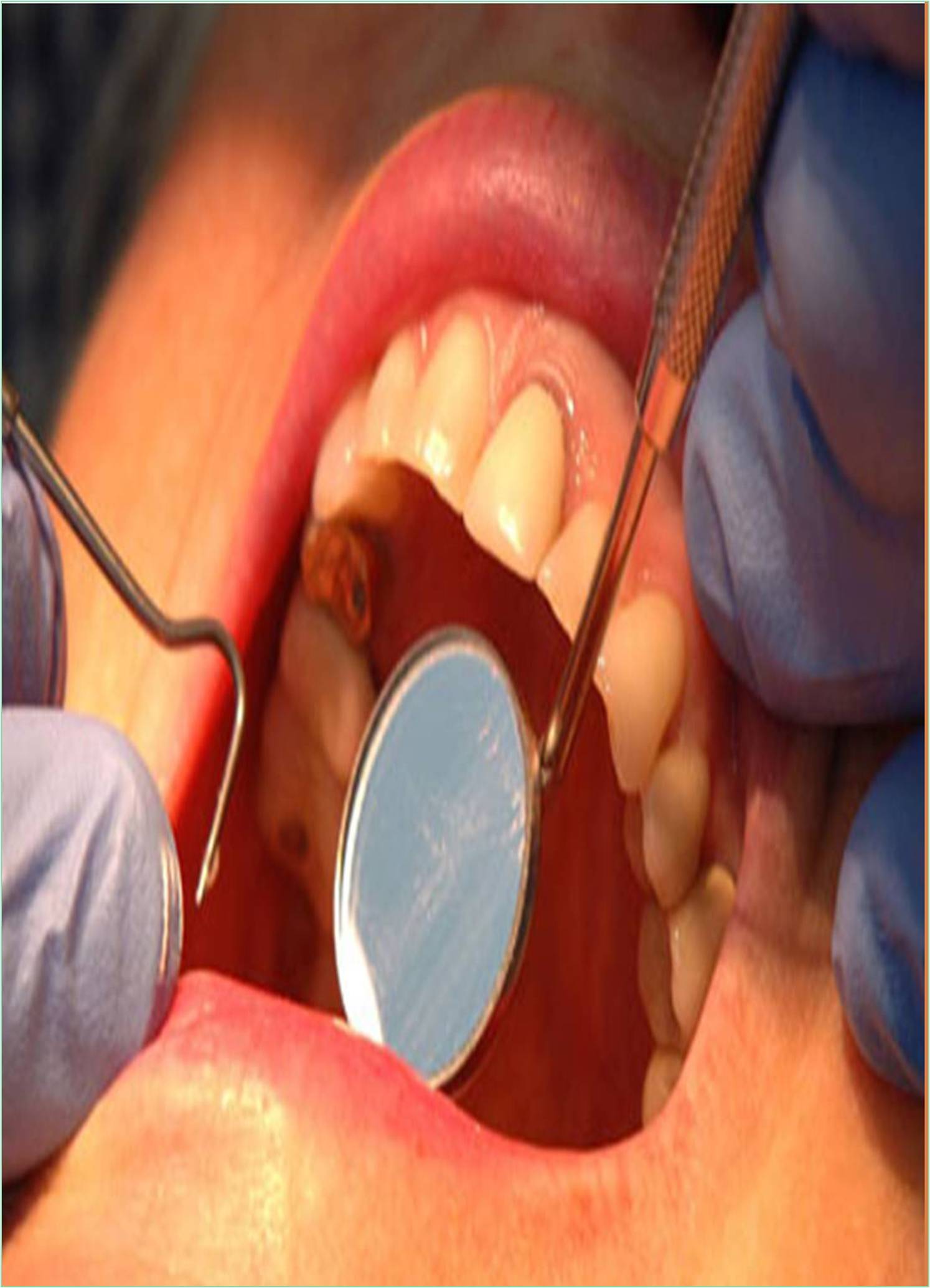



Received: 07-Feb-2022, Manuscript No. GJDOH-22-58887; Editor assigned: 10-Feb-2022, Pre QC No. GJDOH-22-58887 (PQ); Reviewed: 24-Feb-2022, QC No. GJDOH-22-58887; Revised: 02-Mar-2022, Manuscript No. GJDOH-22-58887 (R); Published: 09-Mar-2022, DOI: 10.15651/2449-1918.22.9.002
Oral health refers to the health of the teeth, gums, and the entire oral-facial system that allows us to smile, speak, and chew.
Oral health might contribute to various diseases and conditions.
Like other areas of the body, mouth also teems with bacteria which are mostly harmless. But mouth is the entry point to the digestive and respiratory tracts, and some of these bacteria can cause disease.
Normally the body’s natural defenses and good oral health care, such as daily brushing and flossing, keep bacteria under control. However, without proper oral hygiene, bacteria can reach levels that might lead to oral infections, such as tooth decay and gum disease.
Certain medications such as decongestants, antihistamines, analgesics, diuretics, and antidepressants can reduce saliva flow. In general, saliva flushes food and neutralizes the acids produced by the bacteria in the mouth. This helps protect the body from microorganisms that multiply and lead to disease.
Studies suggest that oral bacteria and the inflammation associated with a severe form of gum disease (periodontitis) might play a role in some diseases. And certain diseases, such as diabetes and HIV/ AIDS, can lower the body’s resistance to infection, making oral health problems more severe.
Some of the ways to maintain oral hygiene are as follows.
Regular Brushing
Brushing teeth regularly is the most important way to maintain good oral hygiene. Brushing teeth twice a day, in the morning after waking up and in the evening before bedtime is mandatory. Toothbrushes need soft bristles. This will prevent gum damage and tooth scrubbing.
Floss Properly
Brushing teeth is very important for maintaining your teeth’s health, but it does not remove all food particles from teeth. This is where dental floss plays an important role in removing all small foods from teeth.
Regular brushing does not reach every part of the mouth, so it is very important to gargle thoroughly with clean water. It removes all the tiny food particles from the mouth.
Minimize the Smoking, Tobacco, Soda and Sugar Intake
Smoking is not good for oral health, it deteriorates teeth much faster. The use of tobacco increases plaque levels in the teeth and significantly weakens the teeth. Drinking a cold drink filled with soda can be fun. But it does more damage to your teeth.
Another ingredient that damages your teeth is the sugar content of your food. Before eating any of the food items, ensure the sugar level in the food thoroughly as a precautionary measure.
Regular Dental Check-Ups
Get acquainted with experienced dental professionals for better oral health. One has to visit dental specialist, two times every year.
Intake of Food which are Good for Oral Health
There are several foods that can help to keep teeth stronger and improve oral health. Some of these foods:
Milk and milk products: Milk is always good for maintaining good dental health. It is rich in calcium and phosphate. Dairy products like cheese are also good for teeth and help rebuild tooth enamel faster.
Vegetable and fiber-rich fruits: Foods high in fiber are very suitable to keep teeth and gums healthy. It is also an excellent repellent for problems related to periodontal disease and tooth decay. They accelerate the process of salivation. Saliva production contains certain amounts of calcium and phosphate, which helps to improve teeth. High-fiber foods helps to restore minerals lost because of bacterial acids.
Black and green tea: Black tea and green tea contain wonderful polyphenols that can prevent plaque bacteria in the mouth. They control the growth of bacteria and get rid of them.
Fluoride rich food items: Products containing fluorinated water will help remove plaque. Products such as dehydrated soups and powdered juices usually have very good fluoride levels. Some foods, such as seafood, chicken products, and powdered grains, have very good fluoride levels.